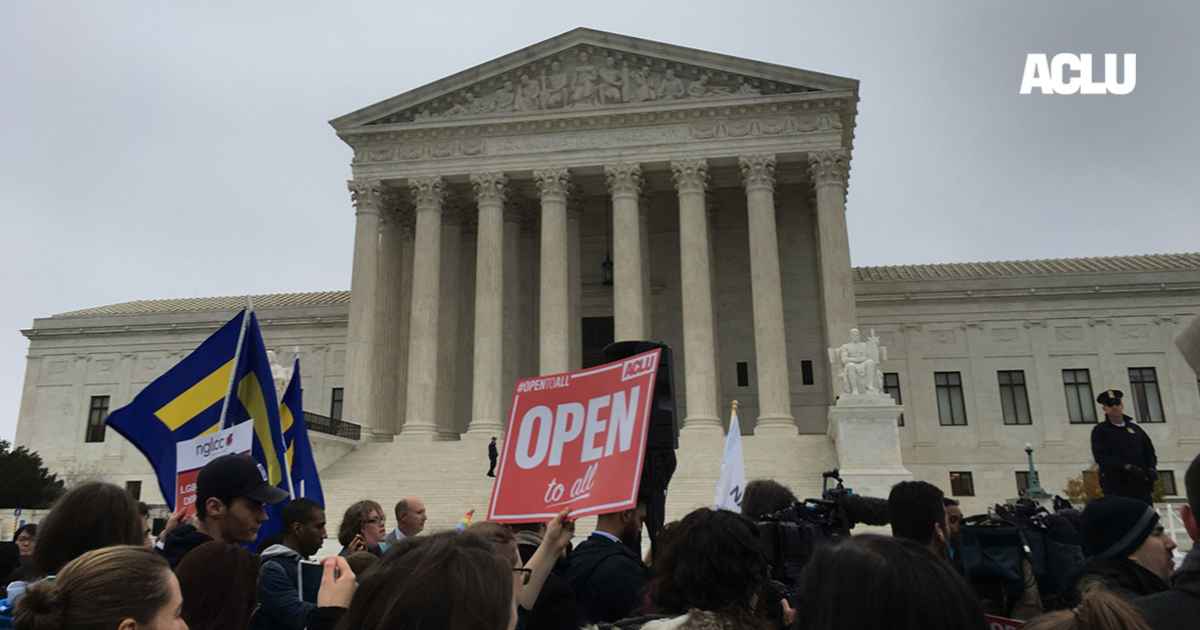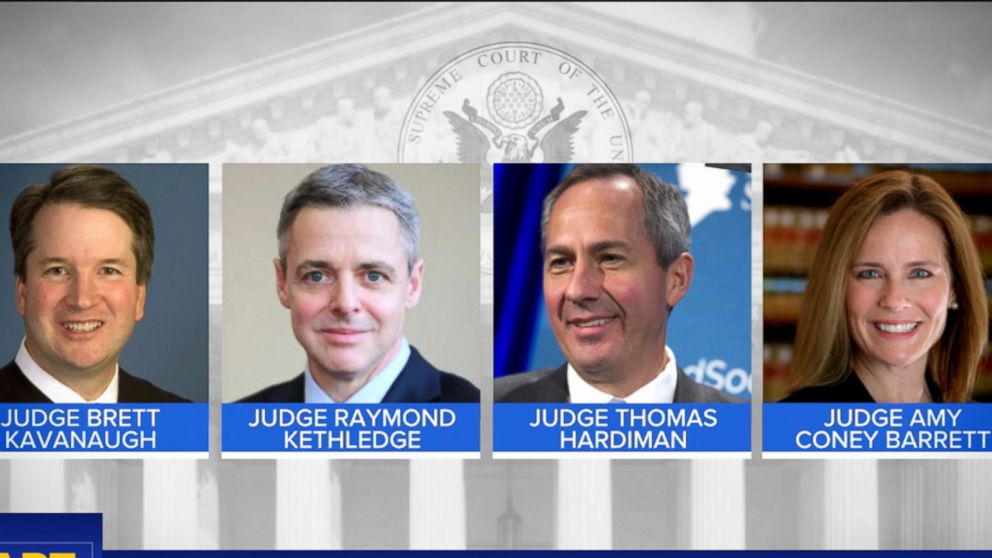
The new case not only asks that the NCAA be prevented from having association-wide rules that “restrict the amount of name, image, and likeness compensation available” to athletes but also seeks unspecified damages based on the share of television-rights money and the social media earnings the plaintiffs claim athletes would have received if the NCAA’s current limits on NIL compensation had not existed. district court judge who handled the Alston case, as well as a previous case on behalf of former UCLA basketball star Ed O’Bannon that helped set up the Alston case. The outcome represents a multi-level victory for the athletes plaintiffs' lawyers. One of them, Steve Berman, already has another case related to this one pending before the same U.S. So, I think that's just not at all central to what's been decided today.” It's his own view, and he's writing for himself. “So I don't think that you can make very much of that concurrence. “The notable thing is that eight other justices did not agree with that and wouldn't sign on to it,” Mishkin said. In an interview with USA TODAY Sports, NCAA President Mark Emmert, NCAA general counsel Scott Bearby and outside lawyer Jeffrey Mishkin said little weight should be given to what Kavanaugh wrote. "As I see it, however, the NCAA may lack such a justification," Kavanaugh wrote. Kavanaugh added that the NCAA "must supply a legally valid" justification that "its remaining compensation rules" have sufficient value to promoting competitive balance and that the benefits outweigh the harm being done to the athletes. Kavanaugh wrote: " … there are serious questions whether the NCAA’s remaining compensation rules can pass muster under ordinary" antitrust legal analysis. In a concurring opinion, Justice Brett M.

The ruling seemed likely to have at least an indirect impact on the NCAA’s attempts to work through a range of other issues, including athletes’ ability to make money from non-university entities off their name, image and likeness (NIL). Gorsuch's opinion noted that the lower courts' rulings left in place the NCAA's ability to "forbid in-kind benefits unrelated to a student’s actual education." However, he also wrote that to the extent that the NCAA "means to propose a sort of judicially ordained immunity from the terms of (antitrust law) for its restraints of trade-that we should overlook its restrictions because they happen to fall at the intersection of higher education, sports, and money-we cannot agree." MORE: NCAA president Mark Emmert says fight will go on JUSTICE SERVES: Supreme Court Justice Brett Kavanaugh rips NCAA in antitrust ruling, says it 'is not above the law' OPINION: Supreme Court isn't buying what NCAA is selling, and neither are weĪNALYSIS: What Supreme Court ruling means and what's next for college athletes

So, if a conference chooses to limit or prevent certain benefits, it risks giving a competitive advantage to other conferences. However, conferences cannot act in concert. Schools will not be required to provide these types of benefits, and conferences can impose prohibitions on certain benefits if their member schools so choose. In upholding lower-court rulings, the justices affirmed an injunction that could fundamentally alter the NCAA’s system of amateurism.Īthletes playing Division I men’s or women’s basketball or Bowl Subdivision football will be able to receive benefits from their schools that include cash or cash-equivalent awards based on academics or graduation.Īmong the other benefits that schools also can offer are scholarships to complete undergraduate or graduate degrees at any school and paid internships after athletes have completed their collegiate sports eligibility. The ruling will end the association’s nationwide limits on education-related benefits athletes can receive for playing college sports. The Supreme Court on Monday ruled against the NCAA in a landmark antitrust case that specifically challenged the association’s ability to have national limits on benefits for athletes that are related to education, but more broadly had raised doubts about its ability to limit benefits at all.

Watch Video: Why the Supreme Court ruling is a defining blow for NCAA


 0 kommentar(er)
0 kommentar(er)
